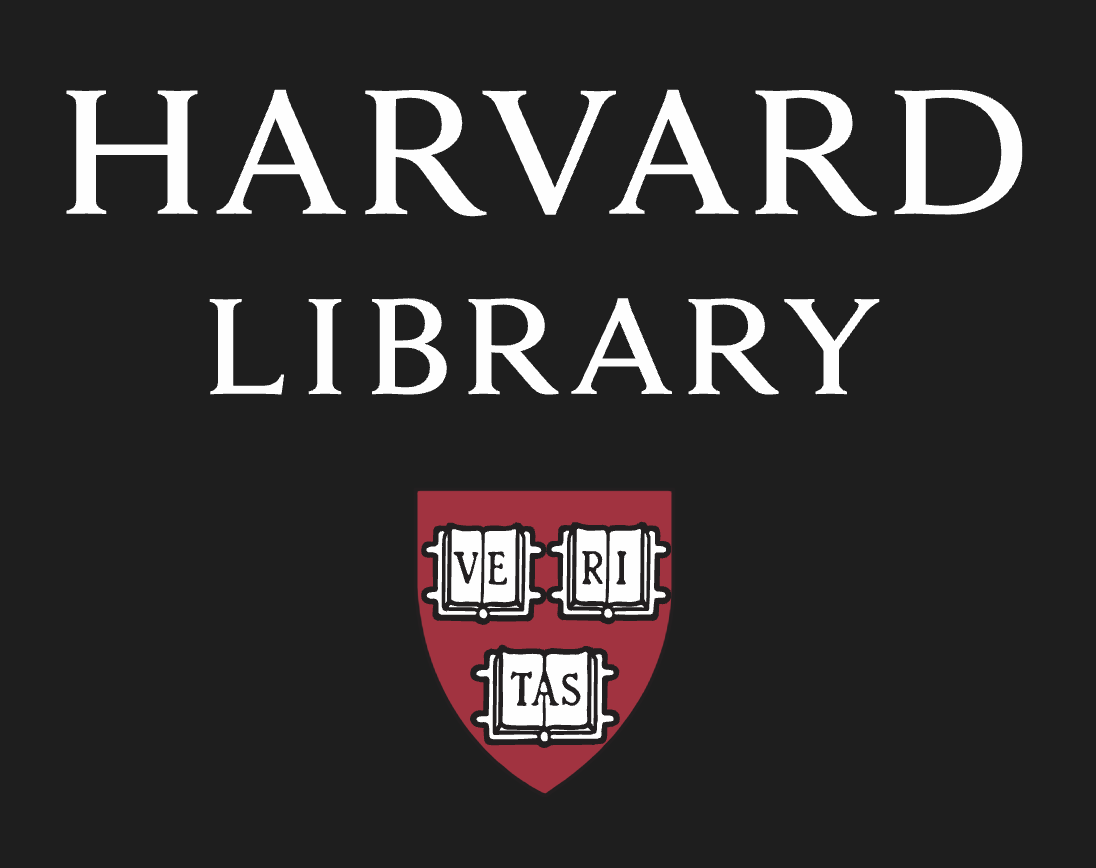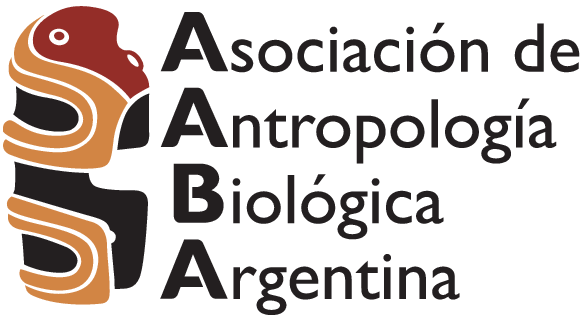La encrucijada de la teoría sintética: expansionismo o nueva síntesis teórica/The crossroads of the synthetic theory: expansion or new theoretical synthesis
Resumen
RESUMEN El debate actual en biología evolutiva está focalizado en los aportes de la epigenética, en los cambios conceptuales del término “gen” y sus repercusiones en la teoría sintética de la evolución. En este sentido, se plantean dos corrientes principales, una sostiene la expansión de la teoría a través del agregado de nuevas disciplinas como la epigenética y evo-devo. Por otro lado, los partidarios de la resíntesis proponen la necesidad de una nueva teoría sin los supuestos teóricos de la anterior. Los expansionistas se basan en el preconcepto de que cualquier agregado conceptual o disciplinar puede ser asimilado a la teoría sin que se presenten contradicciones teóricas y metodológicas. Por otra parte, los partidarios de la resíntesis afi rman que los aportes de la epigenética no se corresponden con los postulados reduccionistas de la teoría ya que los cambios epigenéticos no son de origen genético, poniendo en tela de juicio el accionar de la selección natural. Otro factor de importancia para la teoría es el cambio conceptual del término “gen” que afecta a la raíz misma de sus postulados teóricos. El objetivo del presente trabajo es discutir esta situación fundamentado en los tres siguientes ejes problemáticos, el rol de la selección natural, el cambio en el concepto de “gen” y la situación de la epigenética en el contexto evolutivo. Se concluye que la resíntesis teórica representa la alternativa más racional para la biología evolutiva en concordancia con los nuevos datos empíricos.
ABSTRACT The current debate in evolutionary biology focuses on the contributions of epigenetics, on the conceptual changes of the term “gene” and its impact on the synthetic theory of evolution. In this sense, there are two main streams. On one hand, some authors support the expansion of the theory through the addition of new disciplines such as epigenetics and evo-devo. On the other hand, the supporters of resynthesis propose the need of a new theory without the theoretical assumptions of the previous one. The expansionists are based on the preconception that any concept or discipline added can be assimilated to the theory without presenting theoretical or methodological contradictions. Moreover, the resynthesis’ supporters affirm that the contributions of epigenetic do not correspond to reductionist postulates of the theory, since epigenetic changes do not have a genetic origin, questioning the power of natural selection. Another important factor for the theory is the conceptual change in the term “gene” that affects the root of its theoretical postulates. The goal of this paper is to discuss the theory based on the three problematic issues: the role of natural selection, the change in the concept of “gene” and the position of epigenetics in the evolutionary context. It is concluded that theoretical resynthesis is the most rational alternative for the evolutionary biology in accordance with new empirical data.
Descargas
Referencias
Blume-Kohout R, Zurek WH. 2006. Quantum Darwinism: Entanglement, branches, and the emergent classicality of redundantly stored quantum information. Phys Rev A 73:062310.
Blume-Kohout R, Zurek WH. 2008. Quantum Darwinism in Quantum Brownian Motion. Phys Rev A 101:240405.
Carroll RL. 2000. Towards a new evolutionary synthesis. TREE 15:27-32.
Darwin C. 1859 On the origin of species by means of natural selection, or the preservation of favoured races in the struggle for life. London: John Murray.
Dressino V, Lamas SG. 2006. La necesidad de un marco multiteórico para la biología evolutiva. En: Pereira Martins LAC, Regner ACK, Lorenzano P, editores. Ciências da vida: Estudos fi losófi cos e históricos. Campinas: Associaçao de Filosofi a e História da Ciência no Cone Sul 2:453-468.
Fernando C, Rowe J. 2007. Natural selection in chemical evolution. J Theor Biol 247:152-167.
Gerstein MB, Bruce C, Rozowsky JS, Zheng D, Du J, Korbel JO, Emanuelson O, Zhang ZD, Weissman S, Snyder M. 2007. What is a gene, post-ENCODE? History and updated defi nition. Genome Res 17:669-681.
Gingeras TR. 2007. Origin of phenotypes: Genes and transcripts. Genome Res 17:682-690.
Gould SJ. 1982. Darwinism and the expansion of evolutionary theory. Science 216:380-387.
Gould SJ. 2002. The structure of evolutionary theory. Cambridge: The Belknap Press of Harvard University Press.
Griffi ths PE, Stotz K. 2006. Genes in the postgenomic era. Theor Med Bioeth 27:499-521.
Jablonka E, Lamb MJ. 1995. Epigenetic inheritance and evolution: the lamackian dimension. New York: Oxford University Press.
Jablonka E, Lamb MJ. 1998. Epigenetic inheritance in evolution. J Evol Biol 11:159-183.
Jablonka E, Lamb MJ. 2005. Evolution in four dimensions: Genetic, epigenetic, behavioral, and symbolic variation in the history of life. Massachusetts: MIT Press.
Jablonka E, Lamb MJ. 2007. Précis of evolution in four dimensions. Behav Brain Sci 30:353-365.
Jablonka E, Lamb MJ. 2010. Transgenerational epigenetic inheritance. En: Pigliucci M, Müller GB, editores. Evolution: the extended synthesis. USA: MIT Press. p 137-174.
Kutschera U, Niklas KJ. 2004. The modern theory of biological evolution: an expanded synthesis. Naturwissenschaften (2004) 91:255-276.
Mahner M, Bunge M. 1997. Foundations of biophilosophy. New York: Springer.
Mayr E. 1997. This is Biology: The science of the living world. USA: Harvard University Press.
Mazur S. 2010. The Altenberg 16: An expose of the evolution industry. California: North Atlantic Book.
Orzack SH, Sober E. 1996. How to formulate and test adaptationism. Am Nat 148:202-210.
Pearson H. 2006. Genetics: What is a gene? Nature 441:398-401.
Rodgers-Gray T, Smith JE, Ashcroft AE, Isaac RE, Dunn AM. 2004. Mechanisms of parasite-induced sex reversal in Gammarus duebeni. Int J Parasitol 34:747-753.
Sandín M. 1997. Teoría sintética: crisis y revolución. ARBOR 623-624:269-304.
Sandín M. 2005. La transformación de la evolución. Bol R Soc Esp Hist Nat (Sección Biológica) 100:139-167.
Saridaki A, Bourtzis K. 2010. Wolbachia: more than just a bug in insects genitals. Curr Op Microbiol 13:67-72.
Smocovitis VB. 1996. The evolutionary synthesis and evolutionary biology. Princeton: Princeton University Press.
Stebbins GL, Ayala F. 1981. Is a new evolutionary synthesis necessary? Science 213:967-971.
Stein M. 2007. El gen, version 2007. Research*eu 53:32-35.
Tuomi J. 1992. Evolutionary synthesis: A search for the strategy. Philosophy of Science 59:429-438.
Turner BM. 2009. Epigenetic responses to environmental change and their evolutionary implications. Phil Trans R Soc B 364:3403-3418.
Waddington CH. 1942. Canalization of development and the inheritance of acquired characters. Nature 3811:563-565.
Walsh DM. 2000. Chasing shadows: natural selection and adaptation. Stud Hist Phil Biol & Biomed Sci 31:135-153.
Whewell W. 1848. Philosophy of the inductive sciences, founded upon their history. London: John W. Parker.
Descargas
Publicado
Número
Sección
Licencia
La RAAB es una revista de acceso abierto tipo diamante. No se aplican cargos para la lectura, el envío de los trabajos ni tampoco para su procesamiento. Asímismo, los autores mantienen el copyright sobre sus trabajos así como también los derechos de publicación sin restricciones.






























